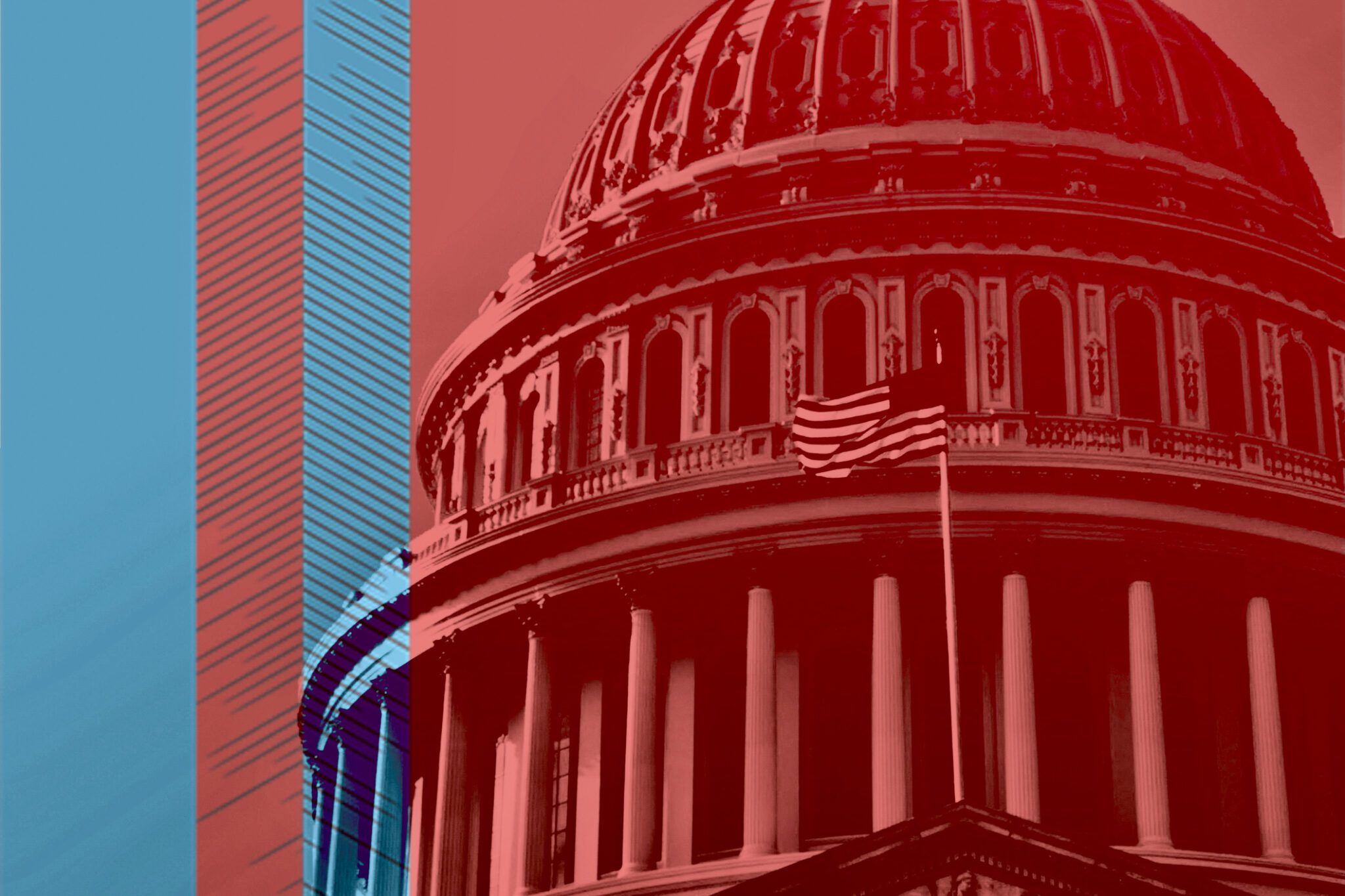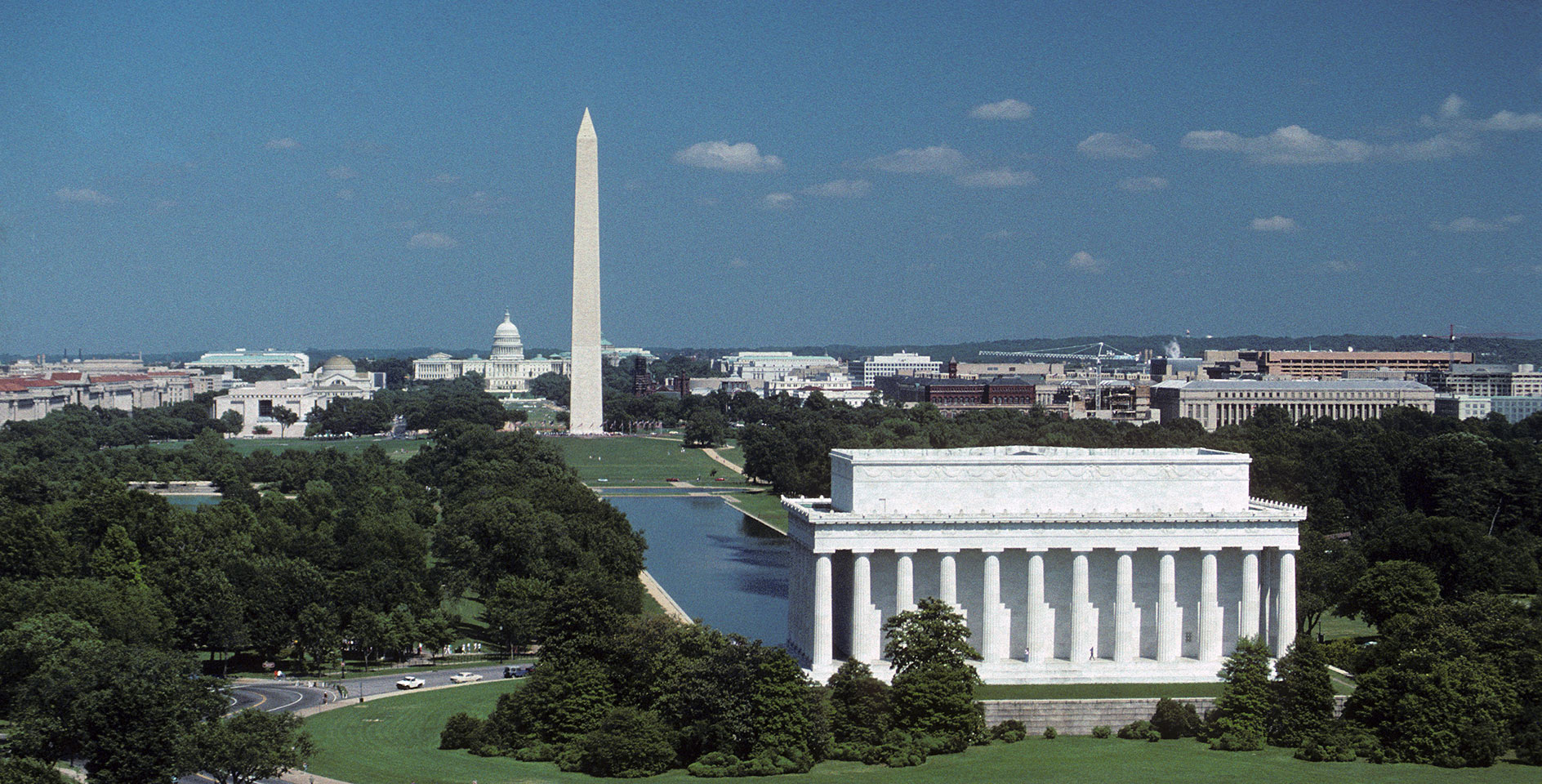Friday was the 60th anniversary of the landmark Brown v. Board of Education decision by the United Sates Supreme Court. Unfortunately, much of evangelicalism has failed to honor this anniversary, missing an opportunity to bear witness to human dignity and the gospel.
In Brown, the Supreme Court unanimously declared that “separate but equal” (i.e., segregationist) policies, particularly in public education, violated the 14th Amendment’s Equal Protection Clause. Ratified following the Civil War, the 14th Amendment’s Equal Protection Clause declares that a state “may not deny to any person within its jurisdiction the equal protection of the laws.” Yet, in the infamous decision of Plessy v. Ferguson in 1896, the Supreme Court determined that segregation, even the segregation of a caste-like system, did not violate the U.S. Constitution. In Plessy, the Court ruled that separate could be equal under the requirements of the 14th Amendment. Plessy’s legal reasoning is highly flawed, as is its understanding of the legal-social dynamic. But worst of all, it validated and authorized Jim Crow and the invidious discrimination of the early twentieth century.
The Court’s unanimous decision in Brown declared that Plessy’s view of the Constitution was wrong. To use the language of Brown, separate but equal cannot be equal for it breeds inferiority. We Christians should celebrate this ruling. Brown affirmed the dignity of humanity—that all people are created in God’s image. It rejected racial castes, and it understood the societal good that integration brought. Even more, the outcome in Brown is clearly and strictly constitutional, fulfilling the purpose of the 14th Amendment.
As Christians, we have a duty to remember and celebrate Brown. On May 17, 1954, our highest Court rejected racism for dignity. It rejected caste for equality. It rejected a deeply flawed, fallen reality for a closer representation of God’s Kingdom. Though institutionalized racism did not end with Brown, the victory—racial equality—was announced.
As evangelicals, we should mark the Brown anniversary with a time of reflection. The sad reality is that slavery, segregation, and Jim Crow have deep ties to southern evangelicalism. Many of our evangelical forbearers promoted segregation with both their Bibles and their politics. To be sure, many evangelicals, particularly in certain northern cities, were leaders in the abolition movement dating to the 18th century. Yet to many more, racism was a sin of commission and omission.
As a 21st century evangelical, this truth grieves me, and admitting it is painful. The easy option is to move forward, to gloss over, to forget. However our witness is more powerful if we use the past to teach—teach of the corrupting nature of sin, the importance of confession, the majesty of God’s grace, and the beauty of restoration. The anniversary of Brown gives us this opportunity to reaffirm the dignity of mankind and the realness of the gospel. When we fail to celebrate events like this, we miss these opportunities, and we open ourselves up to be criticized again for the awful mistakes of the past.
As a legal decision, the rationale of Brown is not ideal, with its emphasis on social science data and contemporary standards. I would have preferred a clear ruling based on the original purpose of the 14th Amendment, as Justice Harlan outlined in his famous dissent in Plessy. More than 50 years before Brown, Harlan rightly argued that the 14th Amendment clearly establishes that laws cannot make any distinctions based on race. This son of a Kentucky slaveholder proclaimed:
In the eye of the law, there is in this country no superior, dominant, ruling class of citizens. There is no cast here. Our constitution is colorblind, and neither knows nor tolerates classes among citizens. In respect of civil rights, all citizens are equal before the law.
Nevertheless, quibbles with the Court’s rationale in Brown must not keep us from celebrating the outcome.
The Brown decision is also not the panacea as it is often described. It would take more than a decade for the deep South to begin integrating, largely following involvement by the President and the U.S. Congress. Yet, Brown mattered and still matters. The decision provided the constitutional weight to encourage federal action. It propelled the Civil Rights movement, and it gave voice to nascent legal and political arguments. And today Brown stands as a symbol of a prominent victory in the war on racism in America.
I celebrate Brown v. Board of Education for what it means for America; I cherish it for what it can teach us about God. As evangelicals, we should not let such an opportunity pass.










